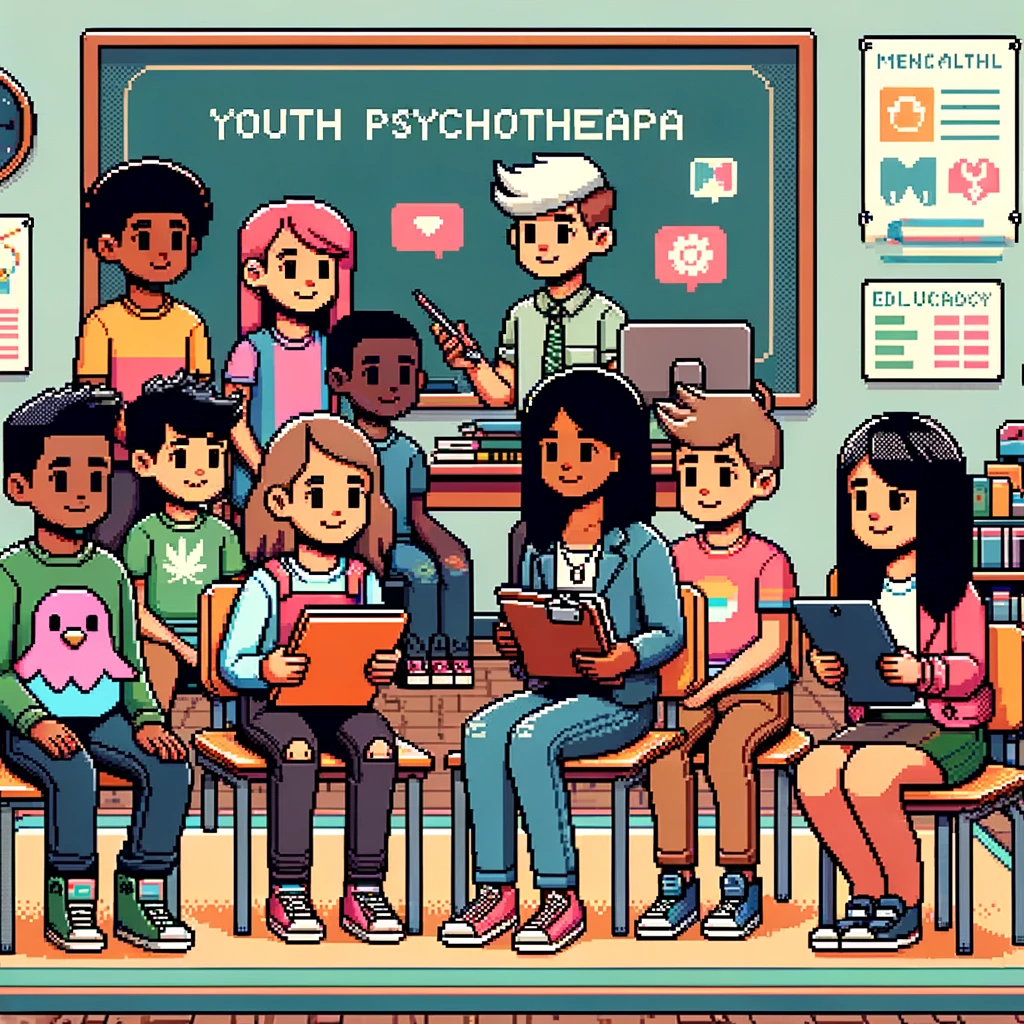
Decoding Four Decades of Youth Psychotherapy: Insights for School Psychologists and Mental Health Advocates
What Four Decades of Meta-Analysis Have Taught Us About Youth Psychotherapy and the Science of Research Synthesis delves into an exhaustive review of over 600 randomized controlled trials (RCTs) of youth psychotherapies. This comprehensive synthesis, from the king of synthesis, John Weisz, spanning four decades, reveals critical insights into the patterns of success and limitations of various mental health interventions for youth. It’s a must-read for school psychologists and anyone concerned with school-based mental health.
Key Takeaways for School Psychologists and Mental Health Advocates
1. Understanding the Effectiveness of Different Therapies
- The meta-analysis uncovers which mental health problems respond best to interventions, noting more success in treating anxiety compared to depression.
- Single-session interventions and remote delivery methods show promising results, a crucial insight for adapting to diverse school environments and remote learning situations.
2. Societal Factors Affecting Therapy Outcomes
- A crucial revelation is the impact of societal sexism and racism on treatment efficacy, particularly for majority-girl and majority-Black groups. This highlights the need for school psychologists to consider socio-cultural dynamics in their approach.
3. Stagnation in Treatment Advancements
- A concerning finding is the lack of significant improvement in treatment efficacy over five decades, suggesting the need for innovative strategies and methodologies in youth psychotherapy.
4. Future Directions and Opportunities
- The article points towards leveraging meta-analysis for identifying mechanisms of change and personalizing treatment, which could greatly benefit individualized student care in schools.
Implications for School-Based Mental Health
- Tailored Interventions: Understanding which therapies work best for specific issues can help in designing more effective, tailored programs for students.
- Cultural Sensitivity: Acknowledging and addressing the impact of societal factors on mental health can lead to more inclusive and effective school-based mental health services.
- Innovation in Therapy: The stagnation in treatment advancements calls for innovative approaches, possibly integrating technology and new therapeutic models.
- Policy and Practice Relevance: The findings underscore the importance of adapting research synthesis to inform real-world policy and practice in school settings.
Conclusion
This article serves as a crucial resource for school psychologists and mental health advocates, providing deep insights into the successes and challenges of youth psychotherapy over the past four decades. By understanding these patterns, professionals can better tailor their approaches to meet students’ diverse and evolving needs.


